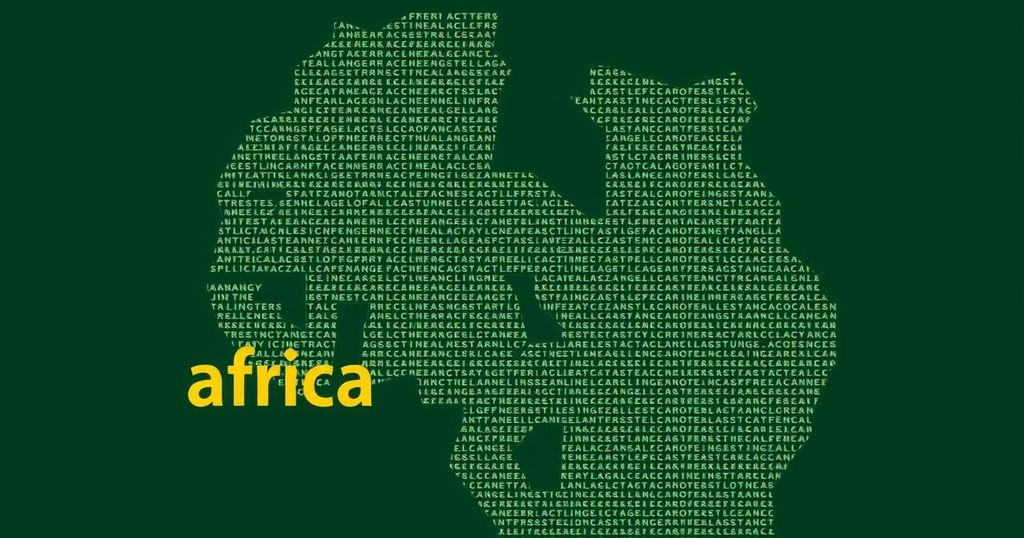McKinsey Africa Agrees to Pay $123 Million Amid Bribery Investigation
McKinsey and Company Africa has agreed to pay nearly $123 million to settle bribery allegations involving South African officials and consulting contracts. A former senior partner has pleaded guilty to conspiracy charges. The case highlights significant corruption within state-owned entities under former President Zuma’s administration, raising concerns about governance and ethical practices in consulting.
McKinsey and Company Africa has consented to pay approximately $123 million as part of a settlement regarding an investigation into corrupt practices involving South African officials. The U.S. Justice Department reported that the consulting firm had engaged in bribery to secure lucrative consulting contracts with state entities including Transnet Ltd. and Eskom Holdings Ltd. Furthermore, McKinsey Africa has entered into a deferred prosecution agreement to resolve these allegations, while Vikas Sagar, a former senior partner, has pleaded guilty to conspiracy related to the Foreign Corrupt Practices Act.
The Justice Department’s findings indicate that from 2012 to 2016, McKinsey Africa secured confidential information pertinent to consulting contracts at Transnet and Eskom. The firm was aware that its South African consulting partners were expected to pay bribes to officials at these organizations as part of the contract agreements. U.S. Attorney Damian Williams noted that the company profited approximately $85 million from these illicit activities, illustrating a significant breach of ethical standards in business practices.
The corruption scandal primarily unfolded during the tenure of former President Jacob Zuma, complete with a spectrum of fraudulent contractual dealings that resulted in substantial financial losses for South Africa. Eskom, a critical player in the nation’s power supply, became a focal point of this widespread corruption, which has drawn significant scrutiny and ignited public outrage against government malpractice.
The investigation into McKinsey’s dealings in South Africa sheds light on a broader pattern of corruption associated with major consulting firms. The allegations against McKinsey Africa revolve around the illicit activities related to key state-owned enterprises. Transnet, responsible for the nation’s transport infrastructure, and Eskom, which oversees the electricity supply, were both significantly impacted by corrupt practices that reportedly occurred under previous leadership. This case highlights ongoing concerns regarding governance and the prevalence of corruption in South African institutions, particularly during a politically turbulent era.
In summary, McKinsey and Company Africa’s agreement to pay $123 million underscores severe ethical transgressions tied to bribery and corruption within the South African government. The company’s actions not only highlight the serious implications of the Foreign Corrupt Practices Act but also serve as a reminder of the broader issues of corruption faced by public institutions in South Africa. The settlement and guilty plea signify accountability for past misconduct, though questions remain regarding the long-term impact of these ethical violations on public trust and corporate integrity.
Original Source: www.barrons.com




Post Comment